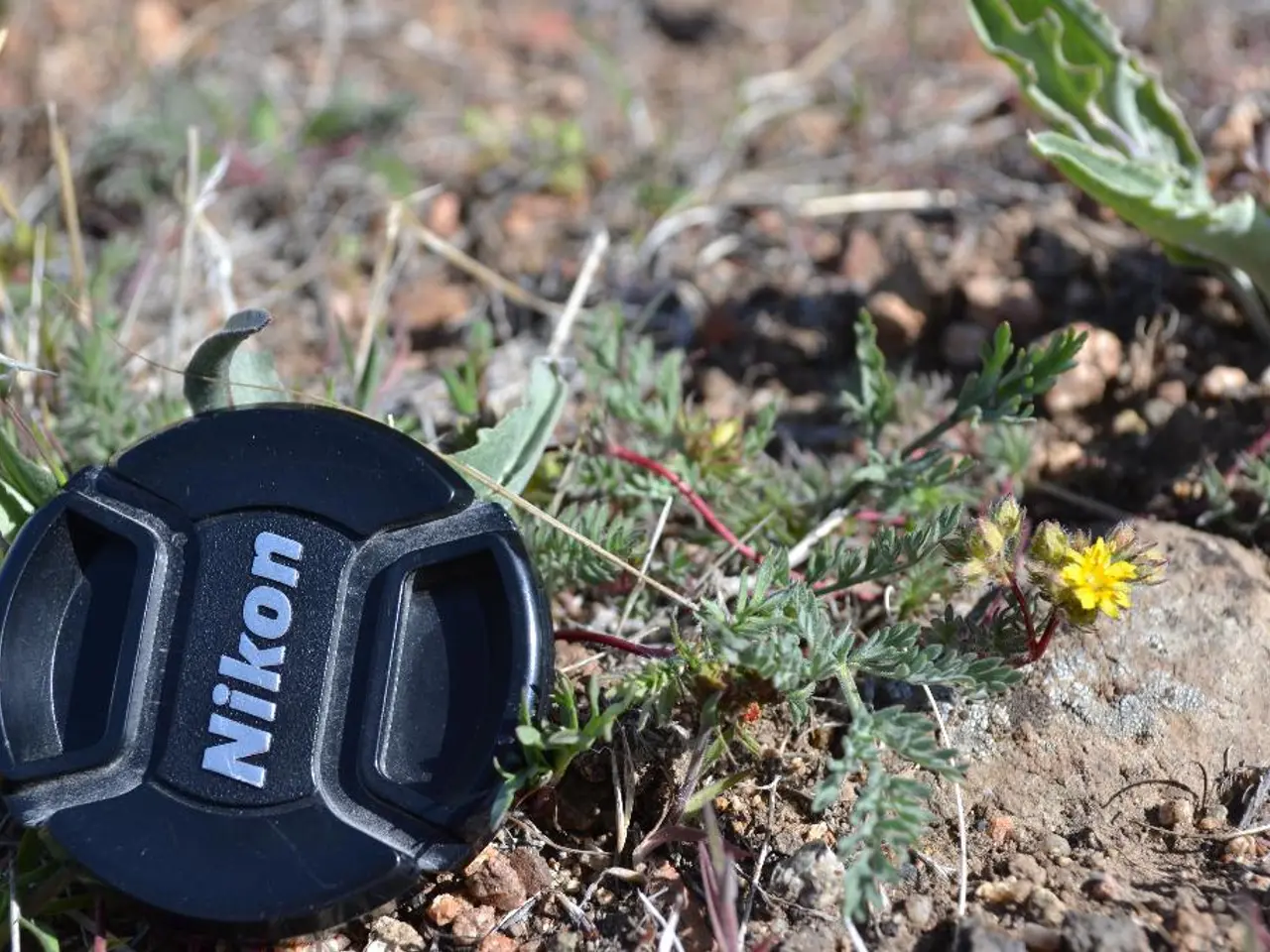Guidance for Maintaining Healthy Gardens During Autumn Seasons
In the heart of autumn, Iowa homeowners can take advantage of the cooler temperatures and changing leaves to tend to their lawns. Here's a guide to help you navigate the essential tasks for maintaining a healthy and vibrant lawn during this season.
Watering
When watering your lawn in fall, aim to add water deep and infrequently. Strive to add all the water within one or two days, and then wait for a week before watering again. Turfgrass needs about one inch of water a week to continue active growth. Walk on the yard to check if watering is necessary; if footprints are left, it's a sign that the turfgrass needs water.
Mowing
Lower the mowing height to 2.5 to 3 inches in mid to late September. Continue mowing until the grass stops growing, usually in late October or early November.
Seeding & Overseeding
The best time to seed or overseed a lawn in Iowa is typically from mid-September to mid-October. Prepare the soil with at least 4 to 6 inches of good soil, and sow seed using a drop-type seeder. Water the seeded area frequently and lightly to keep the seedbed continuously moist during germination.
Raking & Leaf Removal
Leaves beneath large trees can prevent turfgrass plants from manufacturing and storing food prior to winter, causing areas of the lawn to dieback. Leaves can be collected by raking, blowing, or using the collection bag on a mower and then removed from the lawn. Mowing can also help manage leaves on the lawn by chopping them up with a mulching mower, benefiting the lawn and making it easier than raking and removing.
Aeration
Early September is the best time for aeration in Iowa. Aerate lawns with a core aerator, removing soil cores approximately 3 inches long and 3/4 inch in diameter.
Renovating an Established Lawn
Reduce competition from existing turf by mowing at a height of 1.5 to 2 inches, and use a core aerator, vertical mower, or slit seeder for good seed-to-soil contact. The best time for renovation is also mid-August to mid-September.
Weed Control
Fall (late September to early November) is the best time to control perennial broadleaf weeds in the lawn with broadleaf herbicides such as 2,4-D, MCPP, dicamba, triclopyr, and others. Broadleaf herbicides can be applied as liquids or granules, but always read and follow label directions.
Fertilization
Mid-September is an excellent time to fertilize lawns, applying no more than 1 pound of actual nitrogen per 1,000 square feet.
For more detailed information about mowing, aeration, seeding a new lawn, renovating and overseeding, watering, and weed control, be sure to consult the respective publications and articles available. By following these guidelines, you'll be well on your way to a thriving lawn this autumn.




